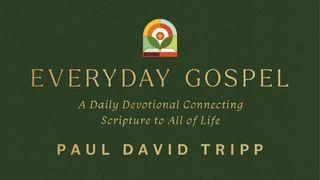How To Ruin Your Child In 7 Easy StepsSample

Temper Tamer
When you consider the scope of humanity’s calling to create justice and compare it to the vast evils in the world today—millions in slavery, people who starve to death every day because of corrupt governments, women and children abused, refugees driven from their homes by senseless wars—the things we actually get angry about on a daily basis become utterly ridiculous.
Just think about the last time you drove your car. Have you ever yelled at someone for cutting you off in traffic? Fumed about the guy who stole the parking spot you’re waiting for? I don’t think I’m the only one who does those things… But then I think, “Really, Patrick? There are children in slavery right now in Haiti and around the world, and you’re going to get angry about a piece of pavement you thought you had a right to?”
That is the heart of sinful anger: confusing my rights with God’s righteousness. It’s not our sense of fairness that is to blame nor our belief that there is a right and a wrong way for the world to be ordered—the right way involving respect, dignity, and equal treatment. The problem is, we twist that sense to only be concerned about ourselves and what is right for us, while ignoring what is right for others. We want to be treated fairly, even as we treat others unfairly.
So how does this affect the arena of parenting? How do we ensure our children aren’t growing in wrath?
First, forgiveness and mercy (the qualities we want) only make sense within the context of justice. Here’s my experience: in an environment of justice where the rules are fair and consistent, children are actually better than adults at practicing forgiveness.
Second, the best way to teach forgiveness and mercy is through our own example. When they see us practice forgiveness toward those who hurt us, and when they experience mercy for their own faults and failures, they will have a better foundation for extending mercy to others than if we simply order them to forgive one another without addressing their sense of fairness and justice.
*Are there evidences of wrath in your own life that your children could be picking up on? What about the other deadly sins discussed (pride, lust, envy, greed, gluttony, sloth)? Could your actions be affecting them more than you’re aware?
Did you enjoy this Bible plan? If so, enter to win the full book here
Scripture
About this Plan

"How to Ruin Your Child in 7 Easy Steps" takes a fresh look at how the Seven Deadly Sins (wrath, greed, envy, lust, sloth, gluttony, and pride) are the root of most modern parenting problems.
More
Related plans
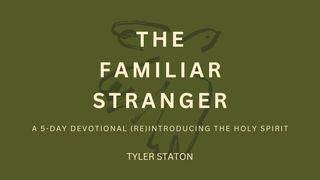
The Familiar Stranger
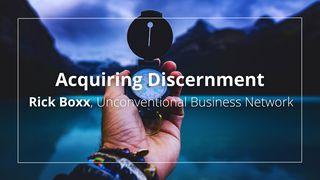
Acquiring Discernment

Desperate Prayers for Hope in Hard Times

In Her Image: Character Study of the Proverbs 31 Woman

Esther’s Legacy: Embracing Your Role in God’s Sovereign Plan

Sound of Heaven: A 6-Day Devotional by Danny Gokey
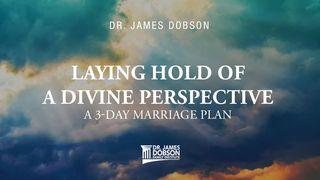
Laying Hold of a Divine Perspective: A 3-Day Marriage Plan

Holy Spirit - Breath of God
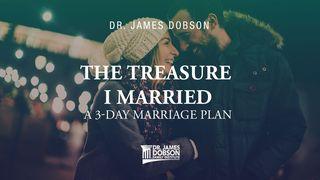
The Treasure I Married: A 3-Day Marriage Plan
